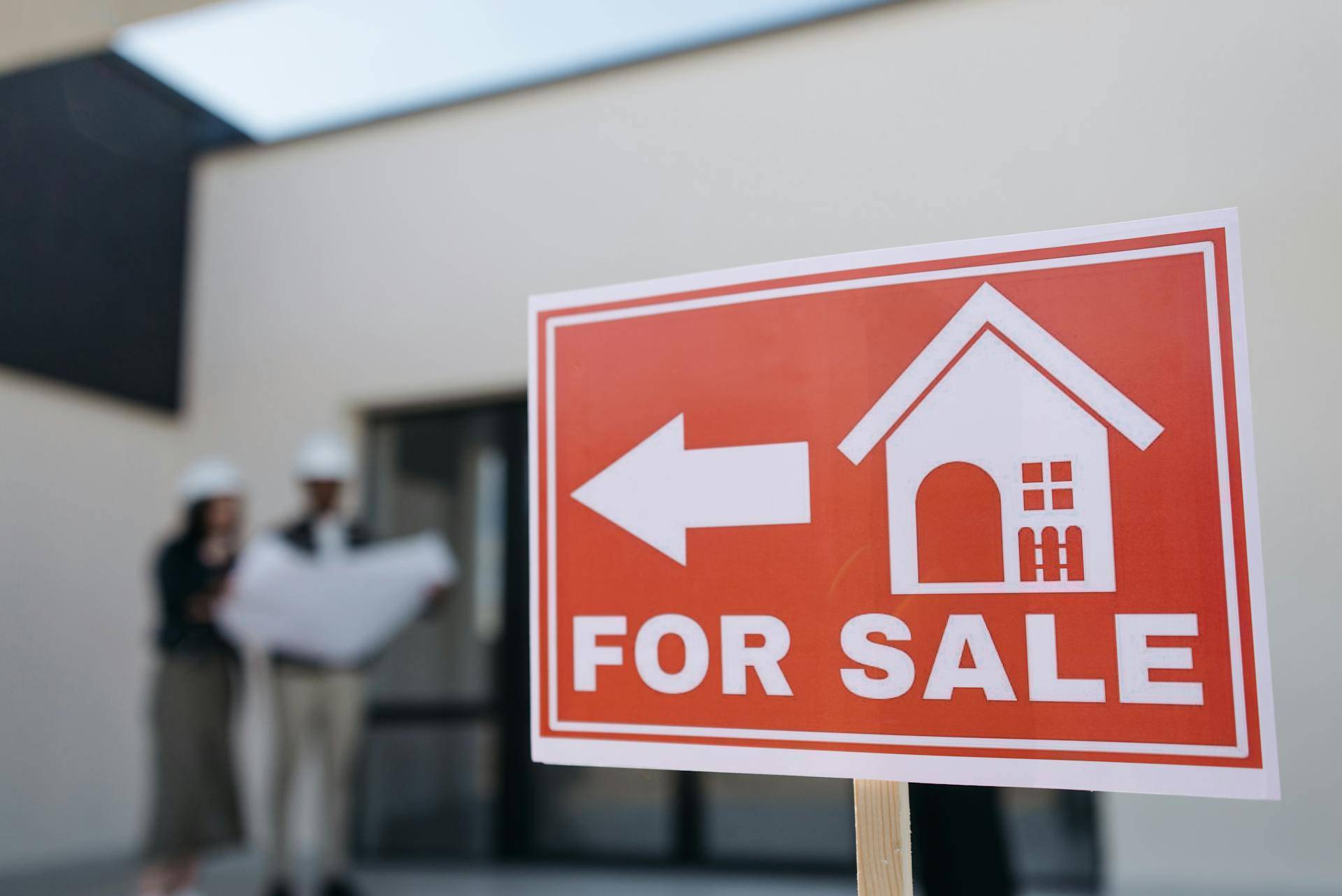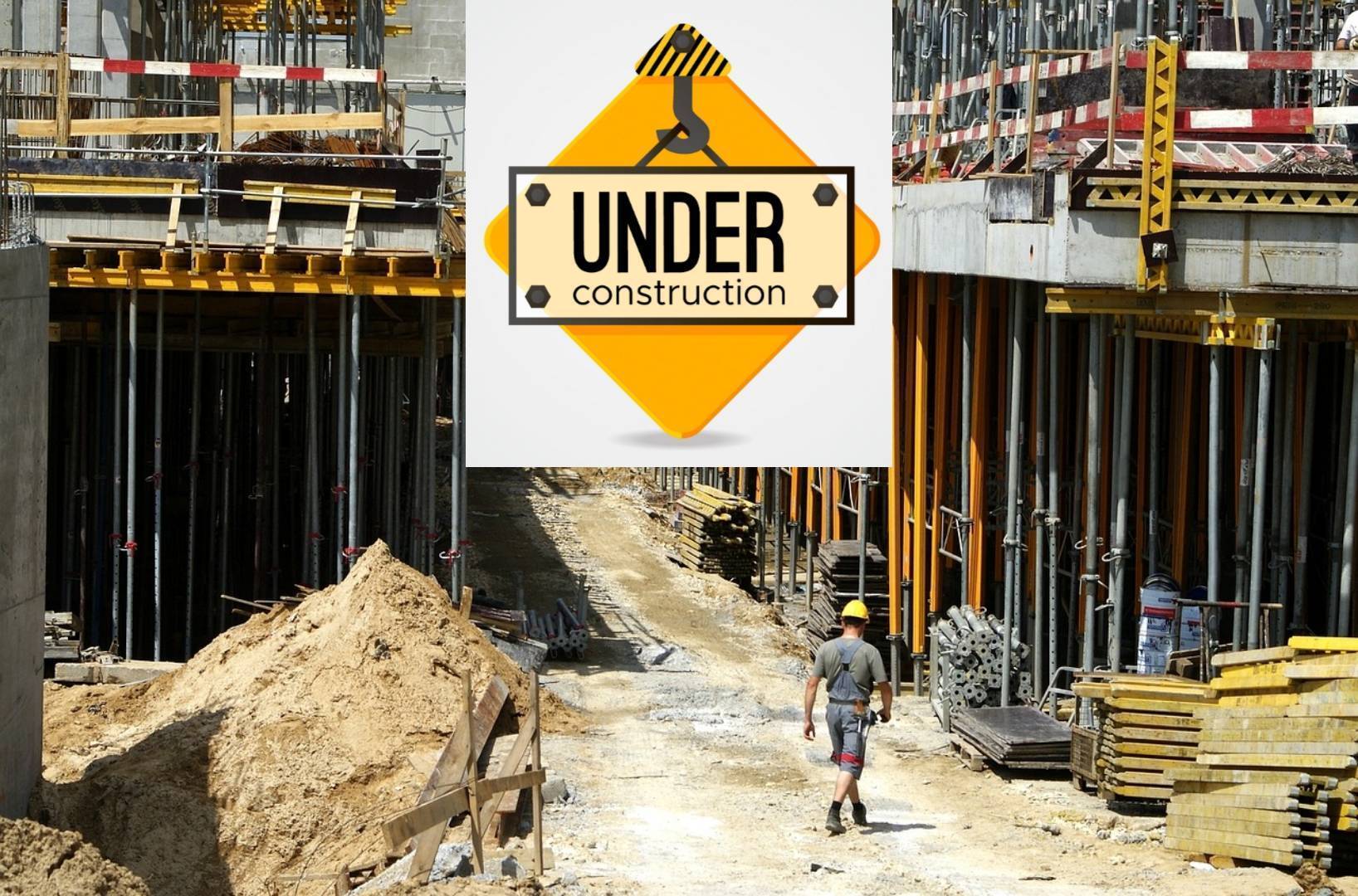Selling a home is a big step for most people. It’s often a mix of excitement and nervousness. In an ideal world, you’d just list your home, find a buyer quickly, and close the deal without any issues. But in reality, it’s rarely that simple. Selling a home involves several steps, each requiring your attention. While you can control things like getting your home ready and marketing it, factors like market trends and the economy are out of your hands. By understanding the process, setting realistic expectations, and staying organized, you can make the sale smoother and more successful.
The Realty Today provides essential insights into the home-selling process, helping you manage each step with confidence. From preparing your home to finalizing the sale, this comprehensive overview ensures you approach the journey with clarity.
1. Making Improvements to Your Home for a Better Sale
The most essential step in home selling is making strategic improvements that enhance its appeal. its value and appeal to potential buyers. Simple changes like painting the walls, improving the garden, or updating the lighting can make a big difference without costing too much. These small updates help make the house feel more welcoming, making it easier for buyers to imagine living there. First impressions are important, and these easy changes can make your home look more attractive.
Focusing on key areas like the kitchen and bathrooms can give you the best return on your investment. Buyers often pay close attention to these rooms, so upgrading things like faucets, appliances, or making small repairs can have a big impact. However, it’s important not to go overboard with expensive features that may not suit everyone’s taste or budget, especially in areas where buyers are looking for affordable options. By making thoughtful updates, you can make your home more appealing to a wider range of buyers.
2. Pricing Your Home Competitively
Pricing your home correctly is one of the most critical aspects of selling successfully. Setting a price that is too high can discourage potential buyers, while pricing too low may result in financial loss. To determine a fair and competitive price, it’s essential to conduct a comparative market analysis (CMA). This process involves evaluating similar properties in your area that have recently sold or are currently listed. By comparing features like square footage, condition, and location, you can set a realistic price that will attract buyers without underselling your property.
For instance, the average price per square foot in Mumbai is around between Rs. 35,000 to Rs. 55,000 in major localities as per NoBroker while in Tier-2 cities like Jaipur, it ranges between ₹ 2,714 - ₹ 65,000. as per MagicBricks . These regional price differences highlight the importance of tailoring your pricing strategy to your specific market. In addition to market comparables, consider other factors like buyer demand, local economic conditions, and seasonal fluctuations in the market. In a high-interest-rate environment, for example, buyers may be more cautious, and you may need to adjust your price or be more flexible to attract interest.
3. Listing Your Property on Online Platforms
Listing your property on online platforms offers significant exposure, allowing sellers to reach a broad audience of potential buyers. These platforms provide the opportunity to highlight important details such as size, location, and amenities, which helps buyers quickly assess your property. Most home buyers begin their search online, making it essential to showcase your property on these trusted platforms to generate interest and attract serious inquiries.
Online listing platforms such as Housing.com, NoBroker, 99acres, Magicbricks, Makaan.com, CommonFloor etc. offer numerous advantages. These platforms offer features like virtual tours, high-quality photos, and well-organized property descriptions, giving buyers a clear understanding of your property before scheduling a visit. Verified listings help build trust, presenting your property as credible and legitimate. Additionally, premium listing options increase your property’s visibility, making it stand out in a competitive market and improving your chances of connecting with the right buyers.
4. Engaging a Skilled Real Estate Agent
While it is possible to sell a home on your own, hiring a professional real estate agent can make a significant difference in the outcome of the sale. Experienced agents offer expertise in pricing, marketing, negotiation, and navigating the legalities of the transaction—skills that can save you both time and money. When selecting an agent, it’s essential to choose someone who understands the local market dynamics. In India, agent commissions typically range between 1% and 2% of the final sale price.
For high-end properties in cities like Delhi or Mumbai, it’s particularly beneficial to work with an agent who specializes in luxury real estate. These agents often have access to exclusive networks and can employ advanced marketing strategies to target the right buyers. For sellers in Tier-2 cities, an agent with knowledge of affordability trends and demand forecasting may be more appropriate. Additionally, you should evaluate the agent’s past performance, communication style, and digital marketing strategies.
5. Preparing for Closing Costs and Taxes
Selling a home comes with a range of costs that can impact your final proceeds. In India, common selling expenses include the agent commission, which typically ranges from 1% to 2% of the sale price. Additionally, you’ll need to account for stamp duty and registration charges, which vary by state but generally range from 5% to 8%. Another significant cost is the capital gains tax. Long-term capital gains are taxed at 20% with indexation benefits, while short-term gains are taxed according to your income tax slab.
Understanding these costs in advance and consulting with a tax advisor can help you plan your finances more effectively. By factoring in these expenses early, you can ensure that you don’t face any surprises when it comes time to finalize the sale.
6. Ensuring Regulatory Compliance for a Smooth Home Sale Process
Selling a home involves a significant amount of legal paperwork to ensure the transaction goes smoothly. Ensuring all necessary legal documents are in place is crucial for a smooth and hassle-free home sale. Proper documentation not only validates the ownership but also ensures that the transaction complies with all legal regulations, making the process more transparent for both the seller and buyer. Below are the essential documents required:
- Sale Deed: The primary document transferring ownership of the property from the seller to the buyer.
- Mutation Register Extract: Ensures the property is recorded in government records, indicating tax responsibilities.
- Power of Attorney (POA): Required when the owner is unavailable to sign the documents, especially for NRIs.
- Copy of Building Plan: An approved plan by the relevant authorities showing the property’s design and layout.
- No-Objection Certificates (NOC): From the builder or society, confirming no issues with the property.
- Allotment Letter: Issued by the society or authority granting the property allotment.
- Sale Agreement: Outlines the terms and conditions of the property sale.
- Possession Letter: Confirms the transfer of ownership and the date the buyer takes possession.
- Property Tax Receipts: Proves the property has no outstanding tax liabilities.
- Encumbrance Certificate: Shows the property is free from any legal encumbrances.
- Completion Certificate: Declares the building complies with all legal and regulatory requirements.
- Occupancy Certificate: Confirms the property is ready for occupancy and complies with local regulations.
- Khata Certificate: Details the property’s size, ownership, and tax liabilities.
7. Evaluating Offers Thoughtfully
When offers start rolling in, it’s important to evaluate them carefully. While the offer price is a key consideration, it’s not the only factor to take into account. Payment method is one crucial aspect. Cash buyers are often seen as more reliable, as they eliminate the risk of financing falling through. However, buyers relying on financing are common, especially in middle-income markets. Down payment amounts can also be telling, as a larger down payment generally indicates a more serious buyer.
It’s equally important to consider the buyer’s contingencies, such as requests for repairs or financing approval. These contingencies can delay the process or introduce additional negotiation points. Finally, consider the closing timelines and how they align with your personal circumstances. For example, if you need a quick sale, a buyer who can close in 30 days may be preferable over one who requires 60 days. By weighing these factors, you can make a more informed decision that balances financial gain with convenience.
Key Factors To Consider When Selling Home
Circle Rate: Check the local circle rate, which is the minimum price set by the government for property transactions in your area. You cannot sell your property below this rate, as it is considered the baseline value for taxation purposes.
Demand and Supply: Understand the level of demand in your locality. If there is high demand but low supply, you might be able to sell for a higher price. Conversely, oversupply in the market can reduce the attractiveness of your property.
Legal and Regulatory Restrictions: Ensure there are no pending legal or regulatory issues on the property, such as disputes over ownership, zoning, or unpaid dues, as these can hinder the sale process.
Location and Infrastructure Developments: Evaluate the impact of infrastructure projects nearby, like new roads, public transport, or commercial developments, which could increase your property’s value or attract more buyers.
Building Approval and Compliance: Make sure the property complies with local building laws and regulations. If any construction was done without approval or is non-compliant, it could lead to complications during the sale.
Market Competition: Consider the competition from similar properties in your area. If there are many similar homes for sale, you may need to adjust your pricing or enhance the property's appeal to stand out.
Conclusion
Selling a home is a significant undertaking, but with careful planning and the right approach, you can navigate the process smoothly and achieve a successful outcome. By setting realistic expectations, engaging the right professionals, making strategic improvements, and being mindful of market conditions, you position yourself to maximize your property's value. Whether you're preparing your home for sale, pricing it competitively, or negotiating offers, each step is an opportunity to make decisions that align with your goals. With thorough preparation and attention to detail, you can turn the complexities of selling a home into a rewarding experience.









.png)